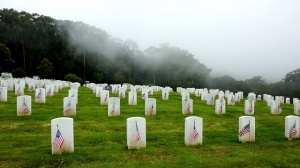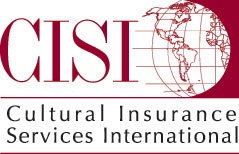The Thanksgiving holiday commemorates a harvest festival celebrated by the Pilgrims in 1621, and is held in the US on the fourth Thursday in November. It became an official holiday in 1863, when President Lincoln was in office. It is a very important part of the American culture, it is a time of homecoming and giving thanks for provision, health, family, etc. Many people travel to homes of family members. Those not residing close to family often gather with friends.
Meal items vary, but a typical meal would include turkey, mashed potatoes, sweet potatoes with marshmallows on top, stuffing, green bean casserole, cranberry sauce, rolls and pumpkin pie for dessert! Each family creates their dinners slightly differently, paying homage to the uniqueness in all of our preferences and backgrounds. In my home, we add Italian sage sausage to our stuffing. We make the cranberry sauce from scratch (super easy and soooo good) and always have several different types of appetizers out before the meal, from simple things to a few elaborate offerings.
As a way of giving thanks, we like to collect slips of paper from each family member or friend in attendance. On it, we have asked each person to write down something they are thankful for. After they are collected, we read them out loud. People guess who wrote what statement, although most of the time it is very obvious!
-Photo by General Mills

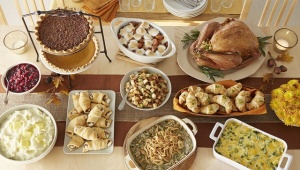

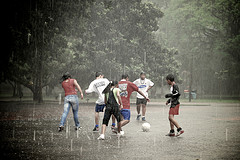
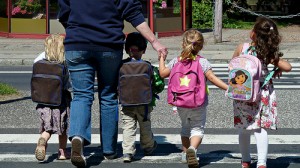
 Sara, a host mom in Maryland, has shared some links with information to help au pairs plan for the upcoming holiday.
Sara, a host mom in Maryland, has shared some links with information to help au pairs plan for the upcoming holiday.